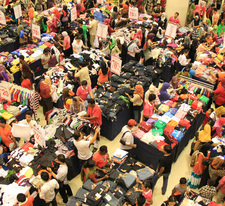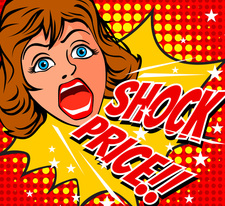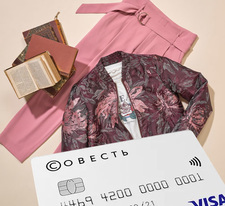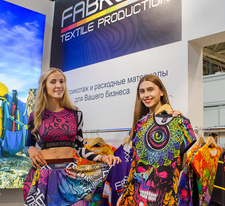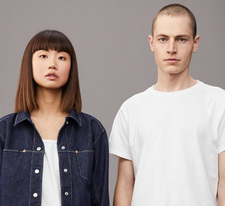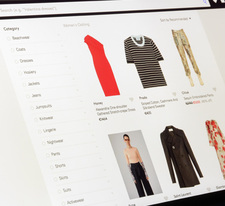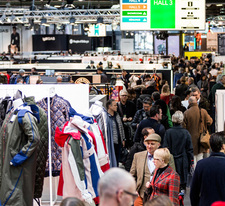Impulsive purchases are the engine of progress
The magazine Big Commerce has been conducting a study of so-called impulsive purchases over the past year. Scientists from Europe, USA and Russia came to the conclusion that today, during the global decline in the growth of citizens' incomes and retail profits, it is possible to increase sales only with the help of unplanned purchases.
Let's turn to the Russian reality. In November of this year, the head of the Central Bank, Elvira Nabiullina, urged businesses not to be afraid of a gradual increase in the interest rate on lending. Business, of course, immediately became worried, and rates rapidly climbed up, including on mortgages. In addition, the growth of alarming expectations is influenced by the jumping gasoline prices, the actions of market participants themselves on the budget planning of companies (not everyone is ready to respond quickly and successfully to the expansion of sanctions and increase their presence in the consumer market). European analysts predict Russia's GDP growth next year by no more than 1.7%, which, in principle, is equal to the statistical error.
Medium and small businesses are trying to survive, in particular with the help of the rules of trade that have already been proven in the world. The fact that we should try to sell more and sell right now is confirmed by sociological research.
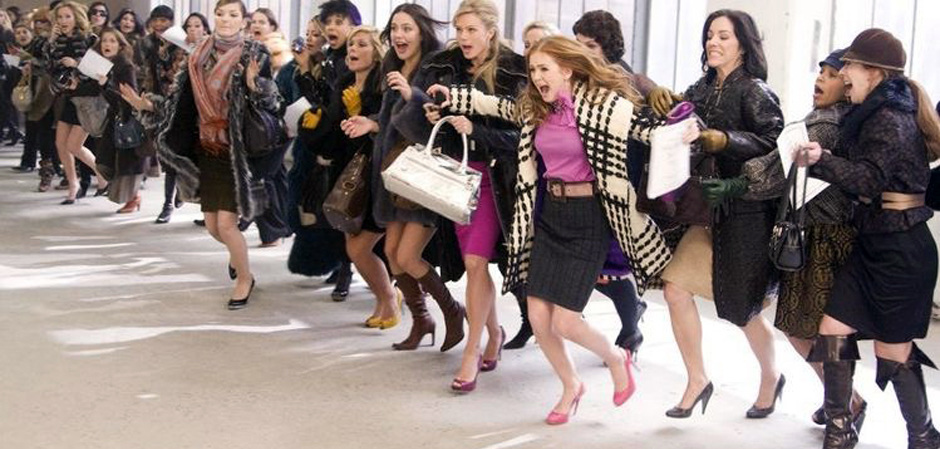
According to opinion polls and marketing research in various regions of our country, Russians are not only starting to massively close their dollar deposits in banks (according to Rosbusinessconsulting), but also hit the shopping, trying to create long-term investments by buying exclusive and expensive things.
The unclear prospects of de-dollarization of the country plus the nervous expectation of price increases from the introduction of 20% VAT from January next year also caused unexpected attention of Russians to purchases on credit. Mainly to those that are designed for long-term repayment of the loan. But the favorable retail offers for purchases in installments interest consumers even more than a loan taken from a bank.
What kind of goods do Russians prefer to buy? In addition to buying real estate and cars, many have thought about buying expensive and high-quality clothes, including clothes for growing up for children. Sales of expensive jewelry and branded shoes have increased. Nevertheless, only about 33% of our compatriots think about investing money in high-quality goods today. And they honestly admit in social surveys that they consider investing in the purchase of goods as a replacement for depreciating deposits in banks.
Since ruble-denominated bank deposits no longer bring tangible income, and our citizens are trying to get rid of dollar deposits, the acquisition of high-quality movable property becomes an urgent alternative to accumulation. Does this mean that only expensive exclusive brands have a chance to make good money and increase sales? Oddly enough, no, it's just the opposite, since almost 40% of purchases relate to impulsive shopping, when unplanned purchases are made.
Photo: shutterstock


